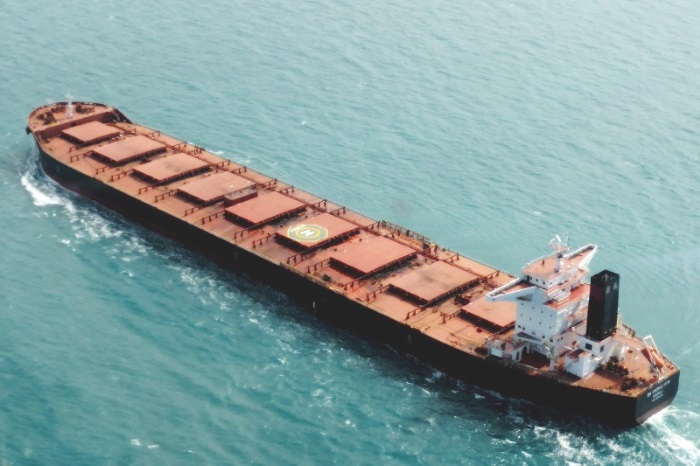As the war between Russia and Ukraine drags on, South Korean companies are increasingly grappling with the extended “Russia risk.”
Industry sources reported on June. 17., that contracts between Korean shipbuilders and Russian shipowners have been canceled one after another. Samsung Heavy Industries received a notice terminating contracts for 17 ships ordered from Russia’s Zvezda Shipbuilding Complex between 2019 and 2022. Similarly, Hanwha Ocean has seen contracts for three icebreaking LNG carriers from Russian state-owned shipbuilder Sovcomflot canceled and is now seeking new contracts.
The airline industry has also been feeling the strain of detour routes since the war began. To avoid Russian airspace on European routes, airlines have been flying through China, Kazakhstan, Turkey, and other countries, adding about three hours to their flight times. With fuel costs accounting for about 30 percent of an airline’s operating expenses, these extended flight times significantly increase costs.
Additionally, it remains uncertain whether Korean Air will resume its routes to Moscow. Prior to the war, Korean Air operated routes from Incheon to Moscow and Incheon to Vladivostok.
The commercial sector has also suffered due to reduced trade since the war, with land logistics through Russia being blocked. POSCO International, which sells chemical products such as plastic raw materials and automotive steel and parts to Central Asia, has been particularly affected. The war has rendered the Trans-Siberian Railway (TSR) inaccessible, and sanctions against Russia have blocked the Trans-China Railway (TCR), leading to a sharp decline in trade volumes in the region. POSCO International’s grain terminal in Ukraine has also ceased operations.
“As geopolitical risks continue due to the Russia-Ukraine war, reducing uncertainty in the business sector has become crucial,” said an industry insider.
Source: Hellenic Shipping News






